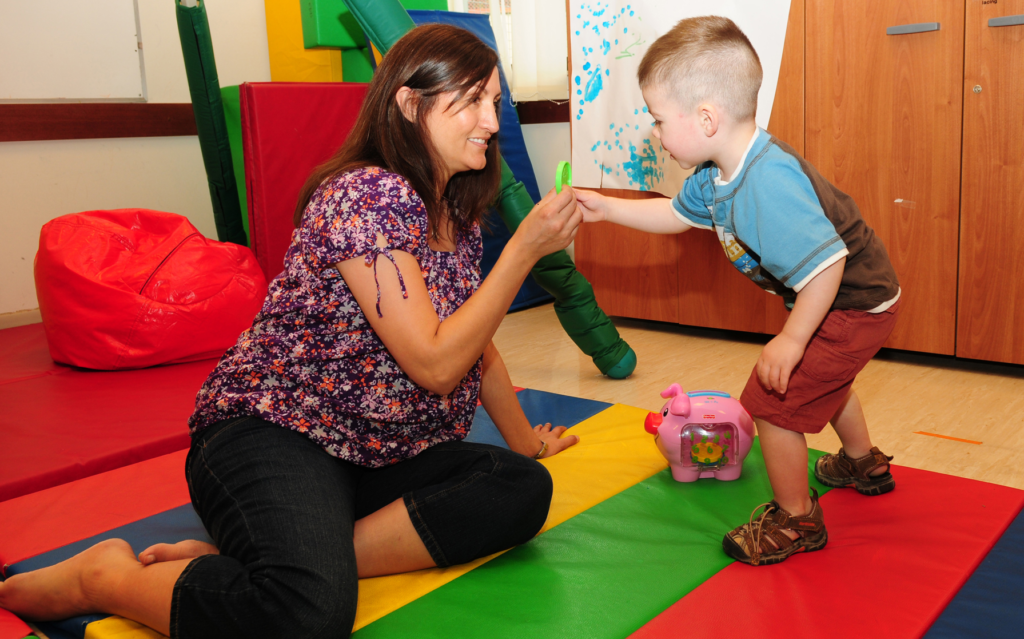
Communication Skills
What is communication?
Communication is the way people share their feelings and thoughts. Communication skills are vital for building and maintaining relationships with family and friends, and for employment as well as success in school.
Communication takes place when one person sends a message and another receives it, so it is a two-way process, in which listening is as important as talking. Communication can be written, oral or non-verbal (voice, gestures, facial expressions, posture).
Effective communication skills are essential for:
- developing good relationships with others – building respect and trust
- communicating needs
- working in a team and solving problems
- managing peer pressure and resolving conflict
- seeking assistance
- misunderstandings and avoiding confusion.
Communication styles can vary from person to person because people communicate in many different ways. Communication can differ based on a person’s age, gender, and cultural background, as well as a change in specific social situations.
Communication styles can also depend on the environment in which a person grew up and personality. Some people are more talkative, while others seem naturally quiet. While some people feel uncomfortable sharing personal thoughts or emotions, others find it easy to express their feelings.
What are the different communication styles?
- Aggressive communication is unfriendly, forceful, and abrasive. An aggressive style implies that the other person’s needs are less important than yours. It may lead to conflict because it assumes that communication is a win/lose activity.
- Passive communication also treats communication as a win/lose activity, but means not standing up for yourself and putting the other person’s needs above your own. This style may avoid conflict, but a passive communicator is likely to end up feeling used and resentful.
- Assertive communication means clearly expressing your own feelings and thoughts without putting the other person down, criticizing or blaming, and allowing the other person to do the same. Assertive communication is typically the most effective style for solving problems, avoiding conflict and getting on with other people.

How else can communication skills be improved?
- Practice, practice, practice. Good communication skills can be learned through practice. Children whose parents talk to them in more complex sentences and more often have wider vocabularies and can express themselves more easily and clearly. This helps them to do well at school, make friends and participate in the wider community.
- Be a role model. One of the best ways to help your children learn to communicate well is to demonstrate positive communication skills yourself. For example, be a good listener, ask them lots of open-ended questions, but try not to multi-task while listening.
- Praise good communication. Let children know when they speak clearly, smile and use good eye contact.
- Talk about communication skills. Look for teachable moments in everyday life, for example, use the opportunity of a conflict with a friend to talk about the challenges of communication and the most effective ways to have a difficult conversation.
- Use games and role play. For young children, in particular, games, and make-believe role-playing activities can be used to teach communication skills in imagined scenarios, for young children in particular.
